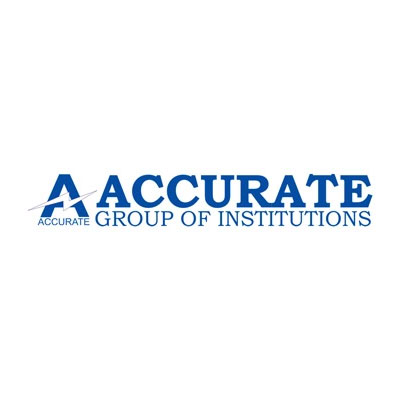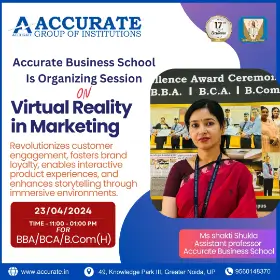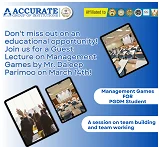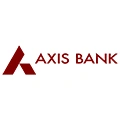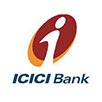The Differences in Curriculum and Focus Among MBA programs
A prestigious postgraduate degree known as the Master of Business Administration (MBA) gives candidates the skills and knowledge required to succeed in the business sector. But not every MBA program is created equal. Every program has a distinct curriculum and emphasis that are customized to fit the requirements of various businesses and student bodies. The esteemed Accurate Institute of Management and Technology is well-known for its distinctive curriculum and emphasis in its MBA programs . The article will examine the variations in curriculum and emphasis among MBA programs and how these variations may affect students' professional growth and career choices.
1.General Management vs. Specialized Programs:

Your professional objectives, interests, and background will determine whether you enrol in a general management or specialty MBA program. In case you are looking for a flexible set of skills that you can use in many industries, enrolling in a general management degree can be the best option for you. However, a specialized program might be more appropriate for you if you have a particular career path in mind and wish to become an expert in a particular field of business.
In the end, general management and specialty MBA programs provide worthwhile chances for career development. You can select a program that fits your objectives and puts you on the road to success by carefully evaluating your career goals and investigating your possibilities.
2. Curriculum Structure:
There are variations in the curriculum structure among MBA schools. In certain programs, students enrol in classes for one or two years at a time in a traditional, full-time arrangement on campus. Students who can dedicate themselves to full-time study and wish to fully immerse themselves in the MBA experience may consider these programs.
Some MBA programs allow students to finish their degree while still working, and others offer part-time or online options. Professionals in the workforce who wish to grow their careers and improve their skill set without taking time away from their jobs will find these programs suitable. Busy professionals frequently choose part-time and online programs because they provide greater flexibility regarding course schedule and duration.
3.Opportunities for Experiential Learning:
A lot of MBA schools provide students with chances for experiential learning, like case competitions, consulting assignments, and internships. These experiences give students the chance to apply what they have learned in the classroom to actual business problems, gaining
invaluable practical experience in the process. The kinds of experiential learning opportunities that MBA programs provide and the weight that their curricula place on these encounters vary.

Certain degrees provide students with numerous networking opportunities and have close ties to the corporate community. These programs frequently place a great emphasis on hands-on learning, with major curricular components like internships and consulting assignments. Some programs could place more of an emphasis on academic coursework and theoretical notions than on experience learning.
4. Industry-Relevant Curriculum:
The MBA programs offered by Accurate Institute of Management and Technology are renowned for having a curriculum that is up to date with the most recent developments in the business world. Employers highly value the skills and knowledge that graduates of the institute's program, which is created in close collaboration with industry partners. Students' employability is increased, and they are better prepared for lucrative professions in their chosen fields because to this industry-centric approach.
CONCLUSION:
In summary, varied factors such as general management versus specialization, curriculum structure, global perspective, leadership development, industry connections, elective courses and specializations, and emphasis on innovation and entrepreneurship determine how different MBA programs are in terms of their curriculum and focus. Prospective students can select the curriculum that best suits their objectives and career goals by being aware of these variances.
